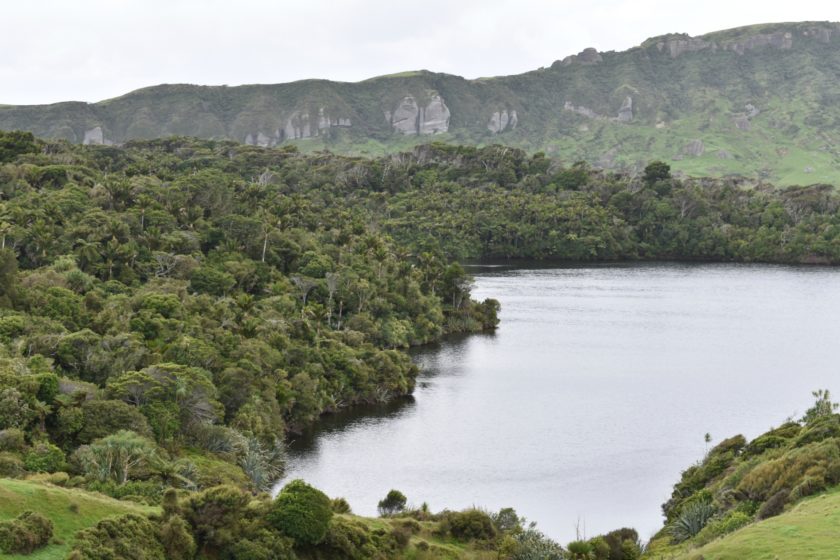Do you employ migrant workers? You need to be aware of the Worker Protection (Migrant…

Sustainable Business Practice
Sustainability and looking after the environment is the hot topic of the decade at least – this generation’s nuclear free moment, it’s been said.
Agricultural sustainability has seen the Government, the corporate sector, conservation groups and local farmers taking our country’s environmental footprint more and more seriously.
From the Government’s $8.5m budget investment in reducing and mitigating agricultural emissions plus $25 million into the Agricultural Climate Change Research Platform, to Ballance’s Farm Sustainability Scheme and a range of sustainability and young farmer awards – we’re moving in a positive direction.
We know that our Golden Bay dairy farmers are fully committed with fenced off water ways, extra tree plantings, whatever else they can put in place for the good of the planet.
Your own accounting firm has put in place measures to help reduce our footprint in the world – using digital copies of your records rather than printing copies for example.
Certainly, sustainable business practices are good for the planet and its people, but can you make money from it? One of the 2019 Ballance Farm Environment Award winners says – yes you can.
Leaders in the field
Taking an eco-friendly approach has reaped environmental, social and economic benefits for the owners of Tirau’s Dennley Farms.

With their sights set on a low input, low footprint farm, and animal welfare at the heart of everything they do, owner-operators Adrian and Pauline Ball aim to improve people’s perception of the dairy industry by leading by example on their 194ha Waikato dairy farm.
By closely studying crops and soils using best practice agronomy, the couple optimises crop and animal yields without compromising environmental health. They work with nutrient suppliers to make sure fertilisers are applied, and soil is tested, at appropriate times.
The dry stock farm is completely off-grid, using solar power, a deep well water supply and solar electric fencing. The cropping and finishing farm, which runs along the side of the Waihou River, has 20m or more fencing setbacks to encourage revegetation of the river banks.
Future plans include fine-tuning farm grown feed requirements, trialling crops and practices that reduce the farm’s footprint further year-on-year, introducing more energy-saving and cost-effective infrastructure to the asset base, and maintaining growth across the dairy platform and beef breeding enterprise.
Comments (0)